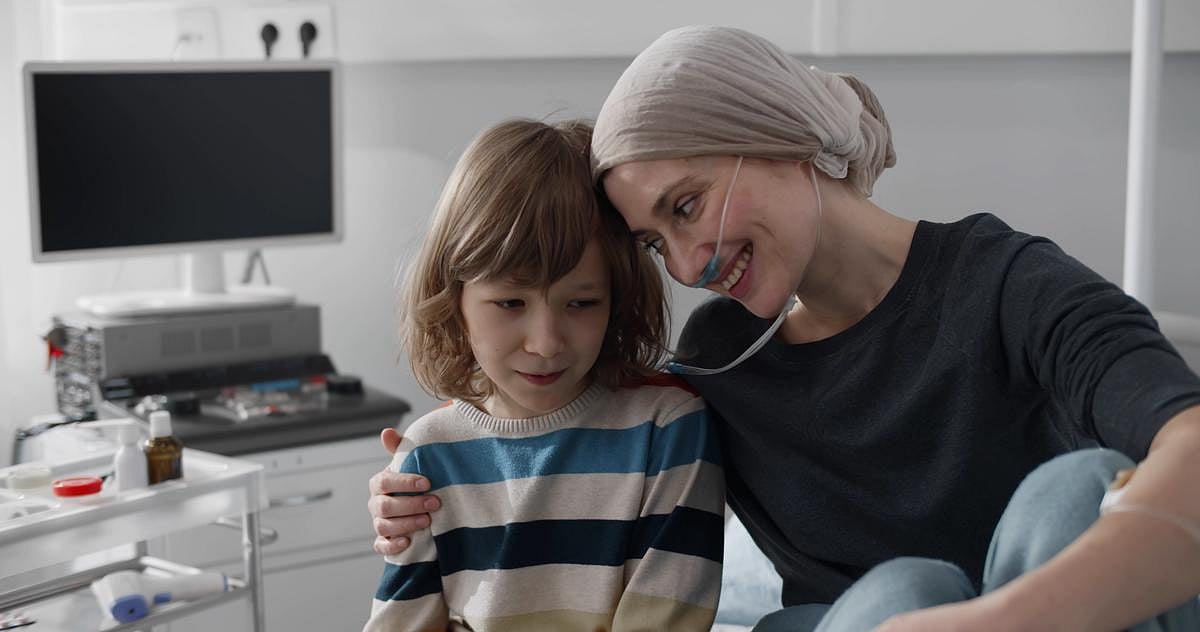Get Healthy!

- Ernie Mundell
- Posted September 16, 2024
Immunotherapy Drugs Extend Survival for Patients With Advanced Melanomas
A decade of patient follow-up finds a combo of two immunotherapy drugs can greatly extend survival for people with advanced melanomas.
In 2011, a diagnosis of advanced, metastatic melanoma typically meant death within 6.5 months, noted researchers at Weill Cornell Medicine in New York City.
By 2024, use of the two-drug combo -- nivolumab and ipilimumab -- has extended that survival for six years and possibly more, said researchers led by Dr. Jedd Wolchok. He's a professor of medicine at Weill Cornell, where he also directs the Sandra and Edward Meyer Cancer Center.
“This was a practice-changing trial,” Wolchok said in a Weill Cornell news release. “The median survival for this population is now a little over six years, and people who are free from cancer progression at three years have a high likelihood of remaining alive and disease-free at the 10-year time point.”
The findings were published Sept. 15 in the New England Journal of Medicine. The trial was funded by Bristol-Myers Squibb, which makes nivolumab (Opdivo) and ipilimumab (Yervoy).
Both drugs are in a class of cancer meds called immune checkpoint inhibitors. These medicines work by switching off a key cellular mechanism that would otherwise tell immune system T-cells to not attack a cancer cell.
In this way, nivolumab and ipilimumab render cancer cells vulnerable once more to immune system destruction.
The effectiveness of this approach against metastatic melanomas was tested in the new trial. Researchers tracked 10-year outcomes for 945 patients with advanced melanomas treated at centers in 21 countries worldwide.
The new report provides final data from the trial, which will close after a decade.
It found that using nivolumab alone or in combination with ipilimumab, was more effective than using ipilimumab alone.
Besides confirming that the drugs add years to expected survival times, the study also found no increase in any adverse effects from the regimens over the 10 years of the trial.
That had been a worry, because the drugs must be taken long-term, the researchers noted. No "long-term toxicities" emerged, according to the Weill Cornell news release.
"This followup again highlights the strides we have made in treating patients with advanced melanoma with immunotherapy and how the landscape has changed so dramatically," said Dr. Jeffrey Farma, chair of the department of Surgery at Fox Chase Cancer Center in Philadelphia.
"This study confirms that after 10 years there is an ongoing survival benefit," said Farma, who wasn't involved in the new trial.
According to co-senior study author Dr. F. Stephen Hodi, the trial is now "a key part of how we talk to patients about the lasting benefits of immune checkpoint therapy and the potential of combining multiple immune therapies to improve treatment outcomes." Hodi directs the Melanoma Center and the Center for Immuno-Oncology at Dana-Farber Cancer Center in Boston.
"After a decade of follow-up, we can now confidently tell our patients that there are treatments available with the potential to transform metastatic melanoma into a manageable, long-term condition, instilling confidence about the future," Hodi said.
The news should be reassuring to many patients. Patients who've beat back their cancer after three or five years of immune checkpoint inhibitor therapy are likely to continue to do so, and follow-up visits with oncologists may even become less necessary, the researchers said.
“We try to reorient them toward an attitude of hope and more optimistic expectations,” said Wolchok, who is also a paid consultant for the Bristol Myers Fund. “We can now say half of patients treated with this combination therapy will live 10 years or longer without the concern of dying from metastatic melanoma.”
More information
Find out more about the treatment of melanoma at the American Cancer Society.
SOURCE: Weill Cornell Medicine, news release, Sept. 15, 2024; Jeffrey M. Farma, MD, Chair, Department of Surgery, Fox Chase Cancer Center, Philadelphia







